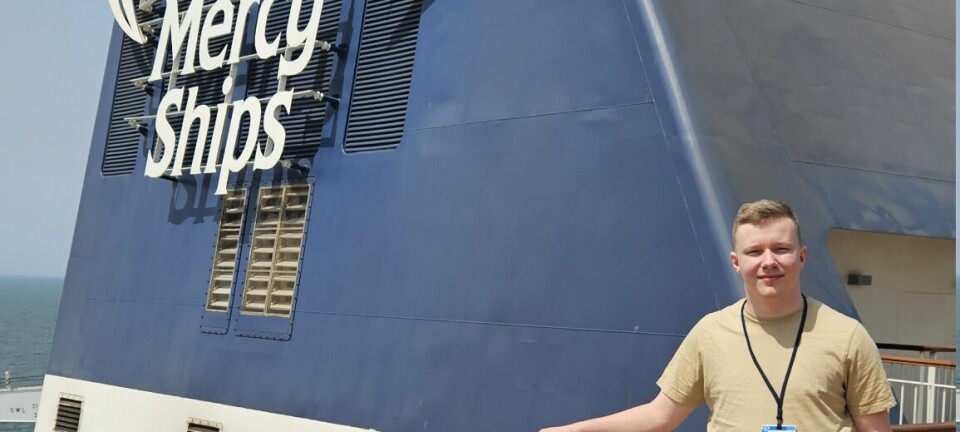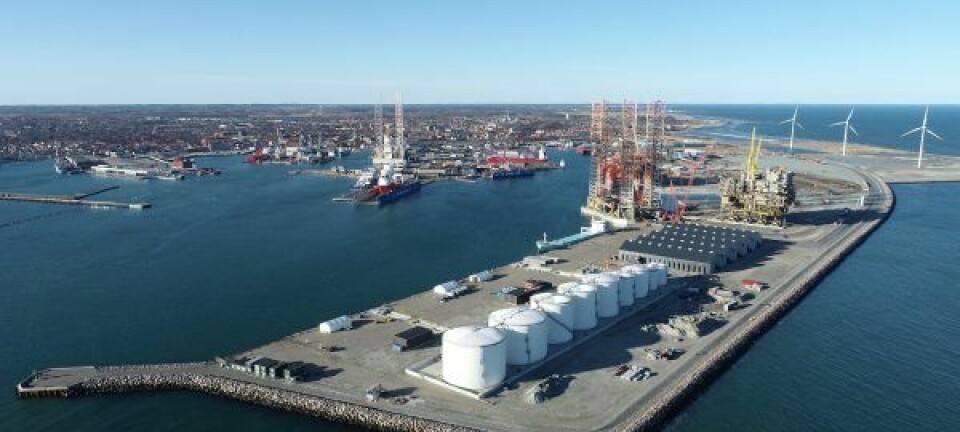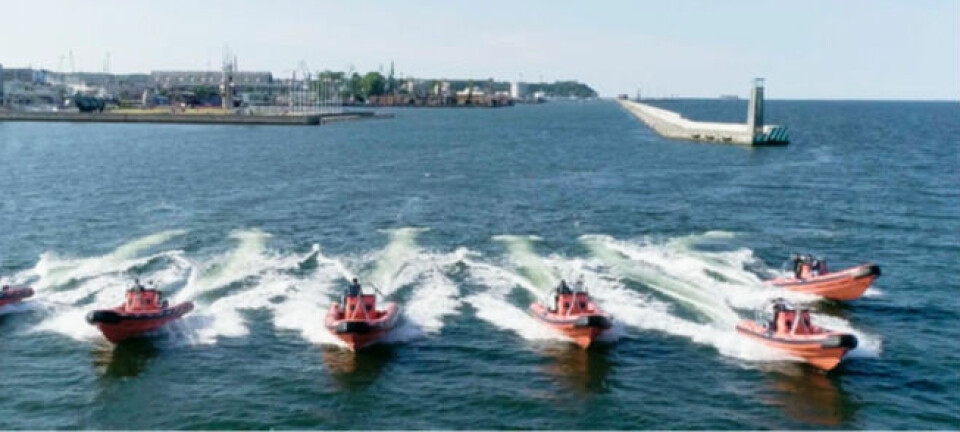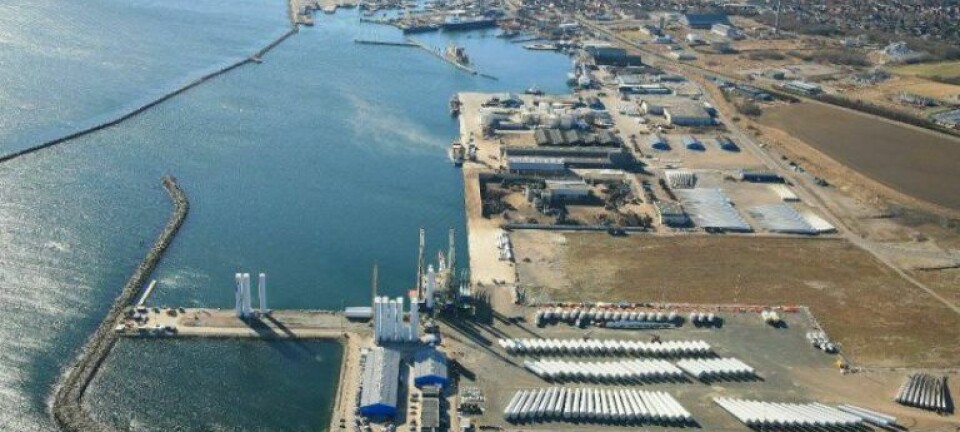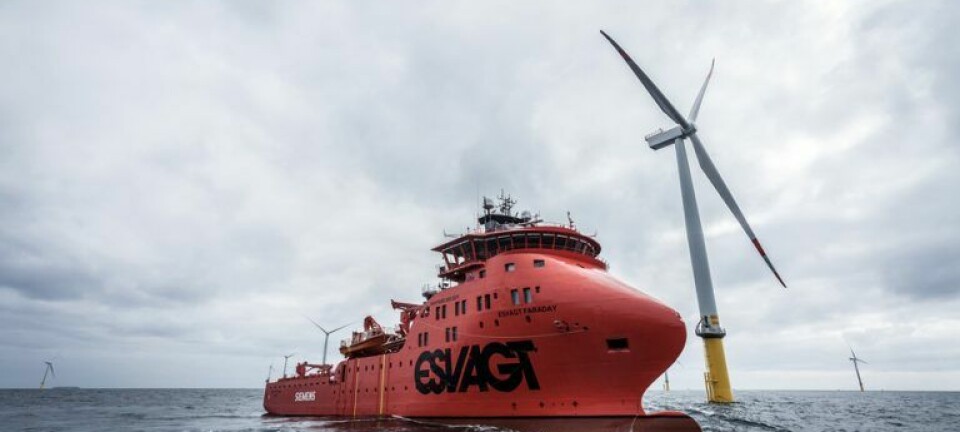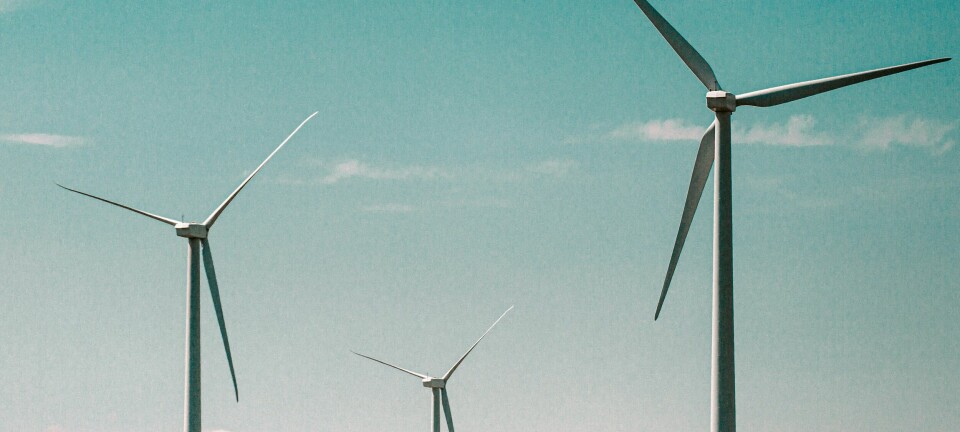UN human rights agency probing the “shipping-gate” scandal
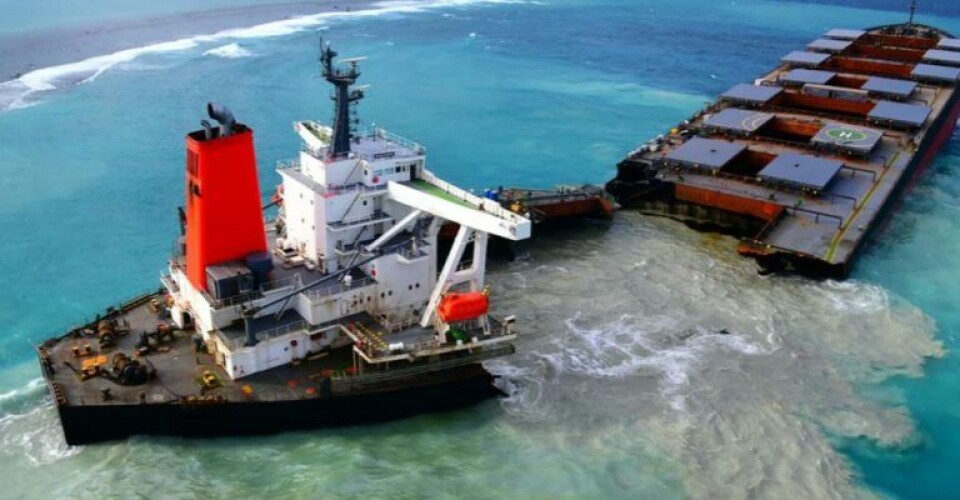
The Japanese bulker
By Michael McGrady, Maritime Direct Americas Correspondent
The world stood still when the Wakashio, a Japanese bulker owned by Nagashiki Shipping, ran aground a coral reef of the coast of the African island country of Mauritius during the summer of 2020. Following the initial disaster, the fuel oil began seeping from the wreckage with an estimated 1,000 tonnes of oil spilled in the ocean.
The oil spill is considered the worst environmental disaster ever to hit the small island country. As a result, Mauritian Prime Minister Pravind Kumar Jugnauth declared a national state of an environmental emergency causing greater international attention.
Trade Winds now reports that the U.S. Human Rights Council is currently analyzing the impacts of the pollution from the Wakashio as not only an environmental disaster but a human rights crisis that is still unfolding well into the new year. Mauritian economist Nishan Degnarain, reports Trade Winds, has found evidence that much of the incident resulted in much mismanagement from corporate actors and the leadership in the International Maritime Organization — the U.N. agency that regulates maritime shipping.
Degnarain has written extensively for Forbes about how the International Maritime Organization’s (IMO) newest standards could be tied to much of the environmental damage. IMO developed standards the new and experimental Very Low Sulfur Fuel Oil, or VLSFO mix, that is being used in many ships that are due for ocean-bound shipping. He mentions that the fuel is “made up” and is merely a mixture of hazardous chemicals with the oil, and has been referred to as a “super-pollutant Frankenstein Fuel” by many non-governmental organizations. The toxicity of this fuel mix is causing controversy.
As a result, the U.N. Human Rights Council has posted a call for input, with a deadline of January 31, 2021, asking for input from stakeholders and industry members regarding the Mauritius oil spill, VLSFO fuels, the standards of the IMO, and how these toxics will impact human rights, ecological, and population health in the local vicinity.

